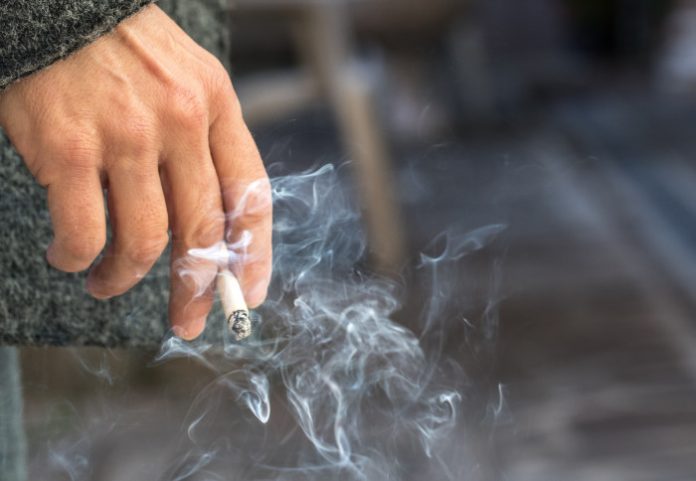Most are aware of the meaning of secondhand smoke; however, less are aware of third-hand smoke. Third-hand smoke refers to the remnants on surfaces after second-hand smoke has cleared out. The term first-hand smoke refers to what is inhaled into the smoker’s own lungs, while second-hand smoke is a mixture of exhaled smoke and other substances emitted from the smoldering end of the cigarette, which enters the atmosphere and can be inhaled by others. A new study evaluated parental awareness of third-hand smoke and whether they believed it was harmful. The findings were published online in the journal Pediatrics.
The study authors set out to determine whether the belief that third-hand smoke was harmful to children was related to smoking parents’ attitudes, home or car smoking policies, and quitting behaviors. The study group comprised 1,947 smoking parents. Their smoking beliefs regarding third-hand smoke were evaluated via an exit survey after a pediatric office visit in 10 intervention and 10 control practices. The investigators obtained 12-month follow-up data collected from 1,355 parents. The data were subjected to statistical analysis to determine whether belief that third-hand smoke harms the health of children was related to parental behaviors and attitudes 12 months later. Another analysis evaluated whether parents who disagreed that third-hand smoke is harmful were more likely to make an effort to quit smoking if they later believed that third- hand smoke is harmful.
The researchers found that parental belief at the exit survey that third-hand smoke is harmful was associated with having a strictly enforced smoke-free home policy and car policy at the 12-month follow-up. They found that a significantly higher percentage (71% vs. 50%) of parents who did not belief that third-hand smoke wa harmful at the onset of the study made at least one quit attempt if they agreed that third-hand smoke is harmful at the 12-month follow-up.
The authors concluded that third-hand smoke harm belief was associated with a strictly enforced smoke-free home and car; in addition, the belief encouraged parents to quit smoking. They noted that sensitizing parents to third-hand smoke risk could promote beneficial tobacco control outcomes.








